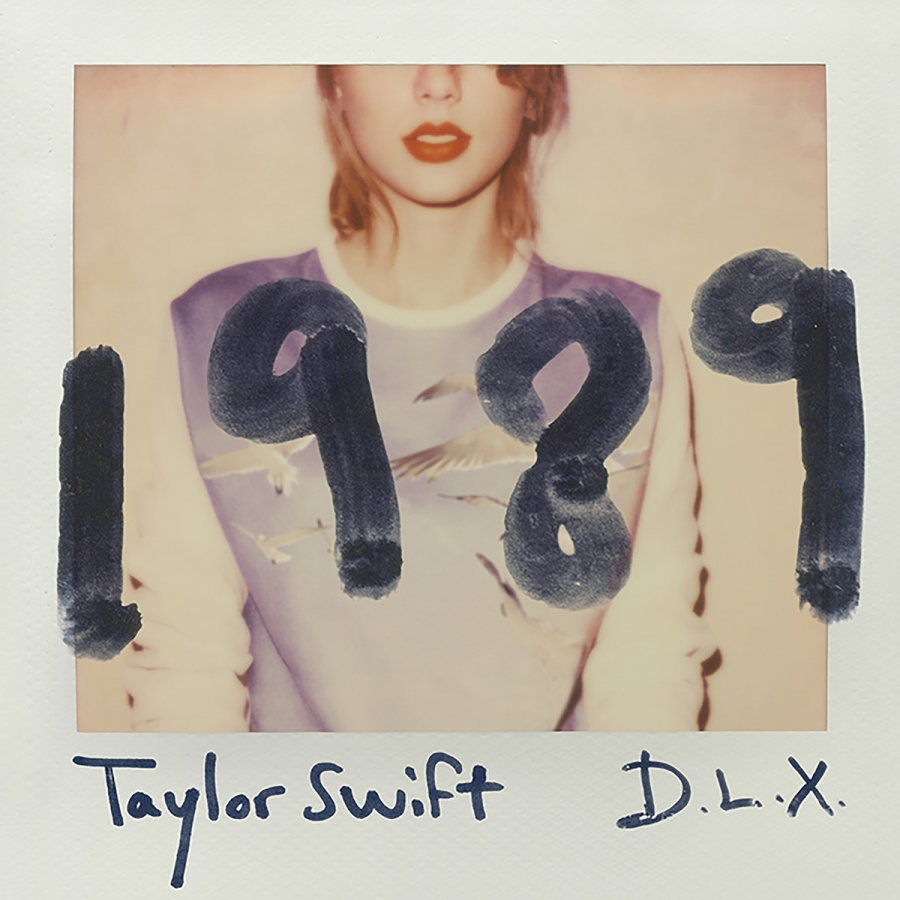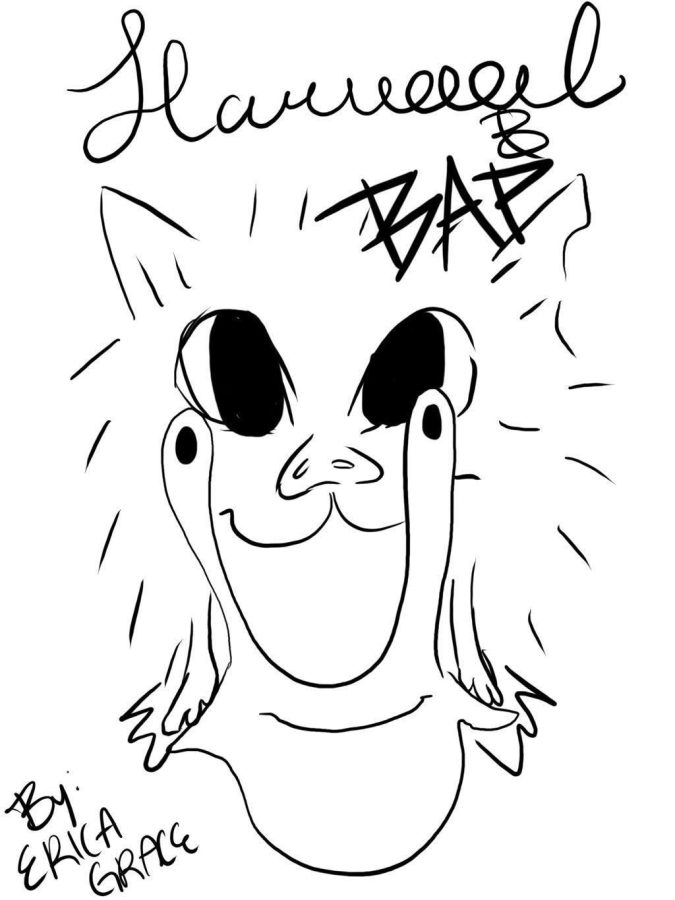by Alexandra Sukin ’15, Co-Editor-in-Chief
If you have turned to Spotify to listen to Taylor Swift’s most recent and hugely successful album, “1989” you have probably noticed that you can’t stream any of her songs from the album. Swift removed the songs from her new album 1989 from Spotify, highlighting a debate and an economic issue in the music industry in general: how much should artists be compensated now that many of us are streaming rather than purchasing the music we listen to and what should the music industry’s economic model be in this new landscape. While the move probably won’t affect Swift’s financial success as the highest paid musician in the country and has the benefit of making the public aware that artists feel undercompensated at between $.006 and .0084 per stream, this type of statement might be too harmful of a career move for a less popular artist or one just starting their career. It also seems to reflect a “put the genie back in the bottle” mentality which may work for Swift now, but may not be viable long-term or for other artists. Also, for many Americans, whose jobs are being upended by technology (for example, taxi dispatchers who are facing competition from Uber, traditional news outlets such as The New York Times who are facing formidable competition from digital natives like Buzzfeed and bookstore employees as bookstores fold under pressure from Amazon.com, just to name a few), Swift’s complaints about Spotify seem part marketing strategy and part out-of-touch and entitled.
In any case, according to the Buzzfeed article “Here’s How Taylor Swift Gets Paid,” significant revenue is being generated outside of music sales and royalties. Two of Swift’s biggest income producers are the sale of Swift merchandise and advertising endorsements. Arguably, the bigger the audience an artist reaches, whether it is through streaming or sales, the more valuable the artist’s brand and the resulting merchandising and endorsement opportunities. So Swift’s argument that streaming services such as Spotify don’t adequately reward the artist ignore the other opportunities being generated by such services. In addition, Swift has not taken issue with YouTube which has allowed free access to Swift’s music in contrast to the in excess of $6 million she reportedly would have earned in royalty payments from Spotify. Presumably, YouTube has been allowed to stream the album as part of a promotional strategy whereas the President of her record label, Big Machine Label Group, suggested that Spotify’s service would discourage loyal fans from buying the album.
Of course, Swift is entitled to charge for and market her music as she sees fit. There is also nothing wrong with Swift’s desire to strike the best deal possible with Spotify and other music streaming companies or bring attention to what she believes are inadequate artist royalty payments. As a New York Times article “Chief Defends Spotify After Snub by Pop Star,” notes, in a Yahoo interview, Swift said referring to Spotify “I’m not willing to contribute my life’s work to an experiment that I don’t feel fairly compensates the writers, producers, artists and creators of this music.” Putting aside the question of whether $6 million dollars is fair compensation (there are people who risk their lives at work for far less compensation- first responders and military personnel just to name two), Swift’s statement assumes that many of the people who use Spotify will decide to spend money to purchase her music. It remains unclear whether she is correct in that assessment. While it is true that sales of CDs and downloads declined in 2014 as music streaming grew considerably in popularity, it does not mean that music consumers will be easily swayed to switch from streaming to purchasing even if more artists were to pull their work from Spotify and other streamers. In the same article, Daniel Ek, the Chief Executive of Spotify asserts that the alternative to music streaming is piracy and Spotify provides a vehicle for compensating artists for their work.
Given the popularity of streaming services and the revenue they produce for artists, my guess is that Taylor Swift’s decision will not be easily replicated by other artists or even her should her popularity ebb. Swift, however, has furthered the debate on the fairness of streaming royalties and forced Spotify to explain its business model. Swift’s quarrel with Spotify also illustrates the rapid pace at which industries are evolving. As a superstar, she is luckier than most Americans. She has the bargaining power and resources to circumvent new trends and business models that reduce her compensation. For the rest of us, constant adaptation and innovation is something we will have to embrace or face less palatable options.
http://www.buzzfeed.com/kelleydunlap/how-does-taylor-swift-make-her-money
http://www.rollingstone.com/music/news/taylor-swift-scott-borchetta-spotify-20141108







